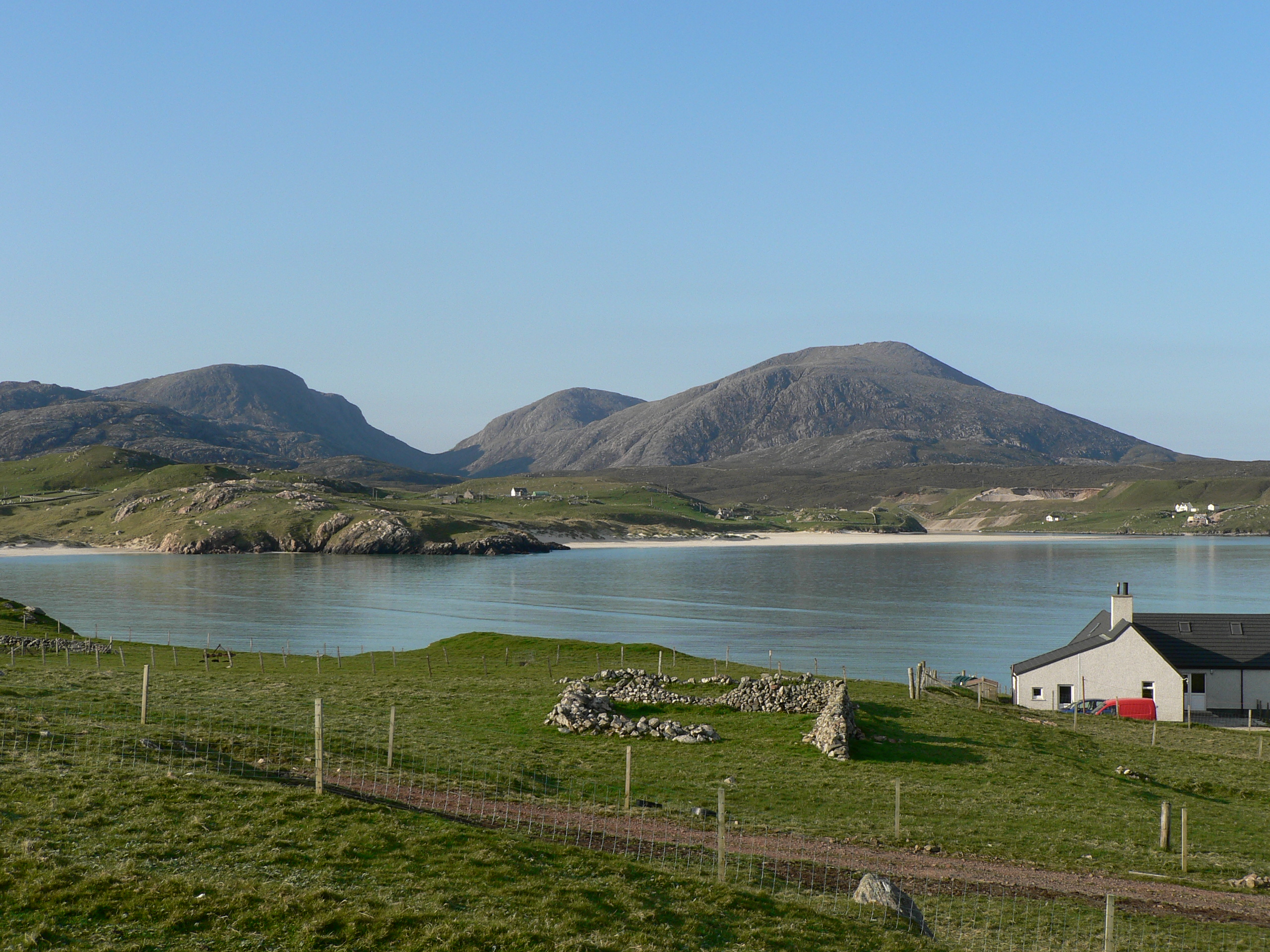The Gaelic Scriptures
The New Testament had first appeared in Gaelic in 1767, in a translation by Rev James Stewart of Killin, and the Old Testament in 1801
Principally translated by his son Rev John Stewart of Luss. Below see a resolution of the General Assembly of the Church of Scotland in 1816, to form a committee dedicated to “rendering more perfect” the Gaelic translation of the Bible and to supervising its publication. Rev Hugh Munro, minister of Uig from 1778 to 1823, was appointed to the committee.
VI. Sess. 9, May 25, 1816.—Resolution of the General Assembly respecting the Gaelic Translation of the Scriptures.
The General Assembly of the Church of Scotland called for the report of the Committee upon the Gaelic Translation of the Scriptures, which was produced, and read as follows:—”Your Committee beg leave to report, that after considering the Memorial and Petition from the Society in Scotland for Propagating Christian Knowledge, with all the attention due to the important object to which it relates, they find cause to approve of the diligence and zeal of the Society in furnishing, by a Translation of the Holy Scriptures into Gaelic, which has already passed through different impressins, the best means of religious instruction to our countrymen in those districts where the Gaelic language is spoken.
“Your Committee particularly approve of the present communication, as manifesting, on the part of the Society, a becoming respect for the General Assembly, to whom it properly belongs to judge of and to sanction such versions of the Sacred Scriptures as shall be used within the bounds of this Church.”
“Your Committee are further of opinion, that a final revision of the translation now in use, by means of the acknowledged skill and matured experience of the Rev. Dr Stuart of Luss, and the Rev. Mr Stewart of Dingwall, in order to improve the translation, and render it as complete as possible, and the publication of a new edition thereof in quarto, the work in which the Society are now engaged, is of great importance, and should receive the countenance, support, and encouragement of the General Assembly.”
“Your Committee, therefore, beg leave to propose, that a Standing Committee be appointed, whose duty it shall be to consider the means which have been employed for procuring the best version which could be obtained of the Sacred Scriptures in Gaelic, and whether any further means can be used for rendering it more perfect; to receive communications on the subject from such respectable persons as may be willing to offer them; and, particularly, to attend to the progress of the new edition at present projected, with the alterations of the version that may be therein made; to signify to the Society their opinion of it as it comes from the press; and that the said Committee shall report their proceedings on this business to the next General Assembly.”
“Your Committee beg leave also to suggest, that it may be proper that the General Assembly prohibit the use of any other Gaelic version of the Scriptures in the churches, chapels, missions, and schools, within the Established Church, other than any of the editions now in use published by the Society, until the work be completed.”
“And, lastly, that extracts of the Assembly’s resolution on this business be sent to every Presbytery within whose bounds parishes are situated in which the Gaelic language is spoken.”
The General Assembly approve of this report, and enjoin and ordain, in terms thereof; and they appoint the committee upon this business a standing committee, to carry the orders of the Assembly into execution. The names of the committee are, the Moderator, Dr Gordon, Sir Henry Moncreiff, Dr Hill, Dr Inglis, Dr Macdougal, Dr Fleming, Mr Macdonnel of Forres, Mr Macgibbon of Inverary, Mr Campbell of Dunoon, Dr Macleod, Dr Maclea, Mr Dougal Campbell of Kilmichael, Mr Hugh Fraser of Kilmoran, Dr Irvine, Little Dunkeld, Dr Robert Anderson, Edinburgh, Dr Stewart, Strachur, Mr Fraser, Boleskine, Mr Ross, Kilmanivaig, Mr Macleod, Morven, Mr Mackay, Reay, Mr Mackinnon, Slate, Mr Munro, Uig, Mr Dougal Campbell, Kilfinichan, and Dr Campbell, Edinburgh; Dr Campbell to be convener, and any three to be a quorum.
Source: British History Online
If you would to leave a comment or get in touch with us…
You can visit our facebook page Uig Historical Society where we will be able to contact you. We have a great facebook family who are always happy to help with anything from dates, photographs and any information regarding Uig.

